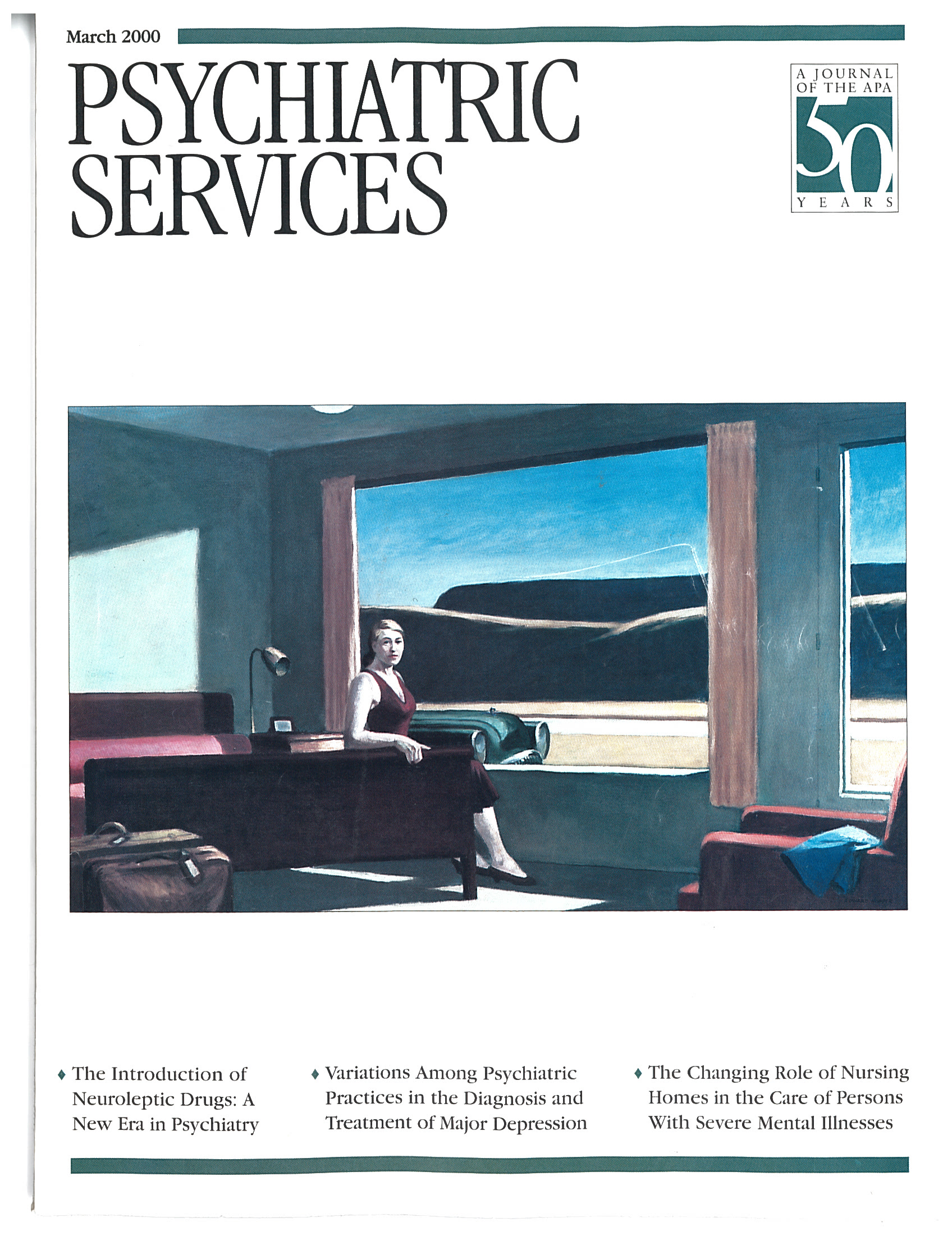Burnout Among Relatives of Psychiatric Patients Attending Psychoeducational Support Groups
Abstract
OBJECTIVE: The effectiveness of family interventions may be improved by concentrating on elements of objective burden that best predict subjective burden. The relationship between subjective burden and objective burden was investigated among caregivers of patients with serious mental illness in the Netherlands who were attending psychoeducational support groups. METHODS: The study used pretest data from an intervention study in which psychoeducational family support groups in the Netherlands were evaluated. A total of 164 participants from 19 psychoeducational groups organized by nine community mental health centers completed the Dutch translation of the Maslach Burnout Inventory and the Involvement Evaluation Questionnaire. Regression analyses were conducted, with elements of subjective burden as dependent variables and elements of objective burden, demographic characteristics, and characteristics of the patient's disorder as predictors. RESULTS: Burden in general and emotional exhaustion were the aspects of subjective burden best predicted by objective burden. In two regression models, objective burden together with the other predictors explained 57 percent and 54 percent of the variance in subjective burden. Two aspects of objective burden—strain on the relationship with the patient and ability to cope with the patient's behavior—were related to almost all the investigated aspects of subjective burden. CONCLUSIONS: Strong evidence was found for the relationship between objective and subjective burden and for the hypothesis that particular elements of objective burden contribute more to subjective burden than others. The findings suggest that psychoeducation should concentrate on helping relatives cope with the strain on the relationship with the patient and on improving their ability to cope with the patient's behavior.



